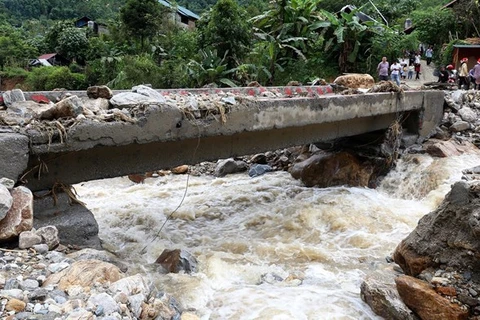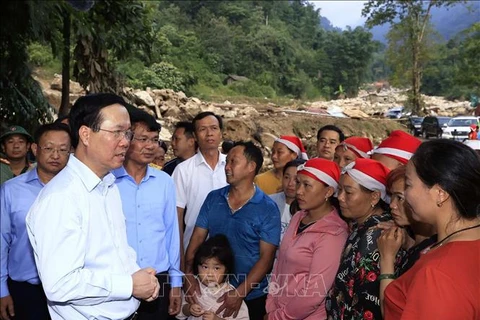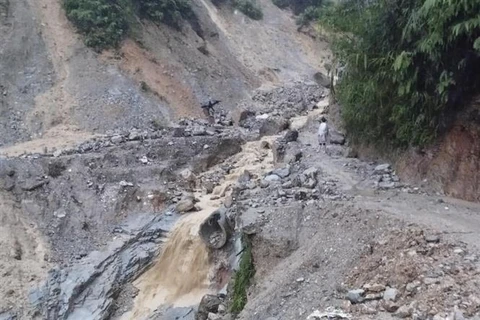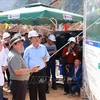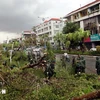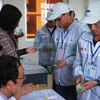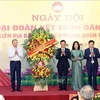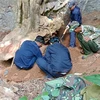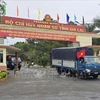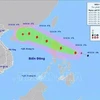Hanoi (VNA) – Prime Minister Pham Minh Chinh has issued a dispatch requiring relevant agencies, ministries and local administrations to get prepared to timely respond to risks posed by heavy rains and floods in the central region.
According to the National Centre for Hydrometeorological Forecasting, there is a likelihood of continued prolonged heavy rain, particularly in the central region. From October 12 to 14, torrentials are forecast for the region from Nghe An to Quang Nam provinces, with rainfall ranging from 200 to 400 mm, and even exceeding 700 mm in some areas. From October 15 to 16, the region from Quang Binh to Quang Ngai provinces is likely to record rainfall of 150-300 mm, with some areas possibly logging over 500 mm. There is a high risk of deep flooding in low-lying locations, urban inundation, flash floods, and landslides in mountainous areas.
To ensure human safety and mitigate property damage to the residents and the state, the PM, in his dispatch, instructs the National Steering Committee for Natural Disaster Prevention and Control, the National Committee for Incident and Disaster Response, Search and Rescue, ministers, and heads of People’s Committees of central and Central Highlands localities to closely monitor weather developments and proactively and effectively implement response measures.
The authorities should be prepared to evacuate households in dangerous areas, especially those at high risk of landslides, flash floods, and deep flooding, to safe places. They should have plans to provide temporary accommodation, food, and essential items for the evacuated people. The safety of teachers, students, and educational facilities in flooded areas should also be ensured, while protection measures for dikes and reservoirs are advised to be implemented based on the alert levels.
Provinces and cities are required to conduct communications and give guidance to people in how to stay safe and prepare food and essential items in case disasters cause prolonged isolation. They should also arrange forces and means in key areas to promptly organise evacuation and conduct search and rescue operations in emergencies.
A series of tasks are also given to the ministries of Natural Resources and Environment, of Agriculture and Rural Development, Education and Training, and Transport, among others./.
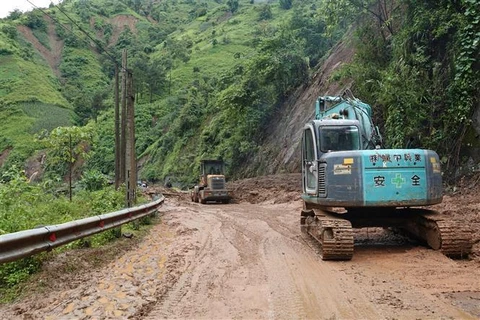
PM urges response to flood consequences in northern mountainous, midland region
The Prime Minister has issued a dispatch demanding ministries, sectors, and localities ramp up response to and settlement of downpour and flood consequences in northern mountainous and midland areas.

